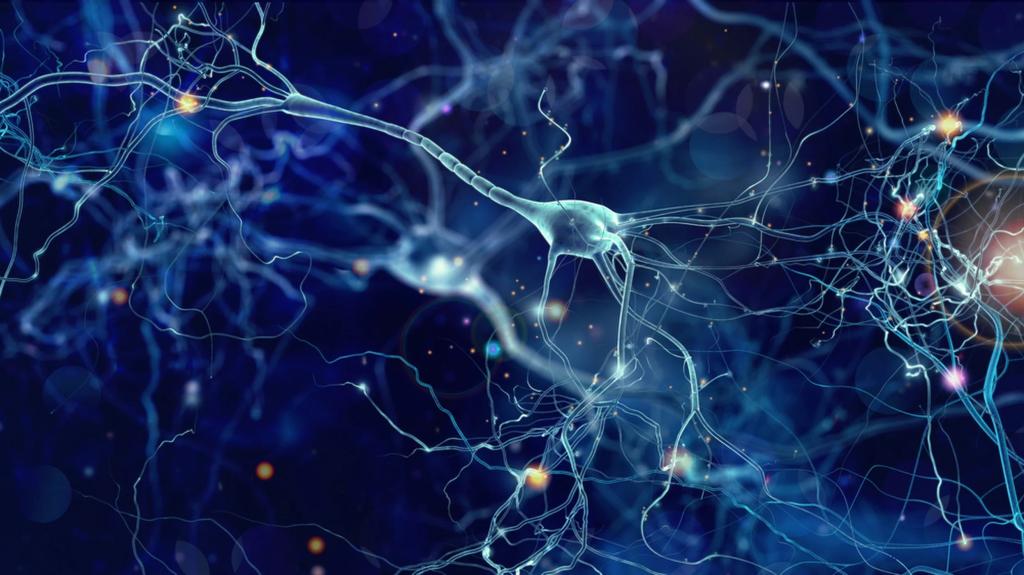Phosphatidylserine Chinese Supplier,A Variety of Functions
Time:2024-09-23
Phosphatidylserine is an important membrane phospholipid widely found in bacteria, yeast, plants, and mammalian cells, especially abundant in the cell membranes of brain nerve cells. It is also known as complex nerve acid, and naturally occurs in foods such as meat, fish (particularly in the brain or organs like liver and kidneys), dairy products, and breast milk. However, its content in vegetables is relatively low. Its characteristics and functions can be summarized as follows:
1. Characteristics
·Amphiphilic Nature: Phosphatidylserine is amphiphilic, meaning it has both hydrophilic (the head is negatively charged and water-soluble) and lipophilic (the tail is made of fatty acids and fat-soluble) properties. This allows it to move freely between the inside and outside of the cell membrane, playing key physiological roles.
·Bioactivity: As an active substance of the cell membrane, phosphatidylserine is crucial in maintaining the integrity and functionality of cell membranes. It can influence the transmission of chemical signals in the brain and help brain cells store and retrieve information.
·Chemical Properties: Phosphatidylserine is a white or pale yellow loose powder, capable of emulsifying in water but insoluble in ethanol, methanol, and similar solvents. However, it is soluble in organic solvents such as chloroform, ether, and petroleum ether.
2. Functions
·Improving Brain Function:
·Enhancing Memory: Phosphatidylserine can enhance the fluidity of brain cell membranes and promote glucose metabolism in the brain, thereby improving attention and memory. Numerous studies have shown that it significantly improves memory in students and the elderly.
·Promoting Brain Health: It helps relax vascular smooth muscle cells, increasing blood flow to the brain, protecting it from damage. Additionally, phosphatidylserine promotes brain cell repair and regeneration, aiding in the maintenance of normal brain function.
·Regulating Mood and Stress: Phosphatidylserine can lower stress hormone levels triggered by tension, helping to alleviate stress, relieve brain fatigue, and regulate negative emotions.
·Antioxidant and Skin Care: In addition to its notable effects on the brain, phosphatidylserine has antioxidant properties, neutralizing free radicals and reducing oxidative stress damage to the skin. It also enhances the skin's barrier function, regulates sebum production, and helps maintain skin balance.
·Liver Protection: Phosphatidylserine also has protective effects on the liver, helping to maintain normal liver function and metabolism.
As an important membrane phospholipid, phosphatidylserine plays a crucial role in improving brain function, regulating mood and stress, providing antioxidant and skin care benefits, and protecting the liver. However, its specific effects may vary from person to person. It is recommended to consult a doctor or healthcare professional before use.


 CN
CN





